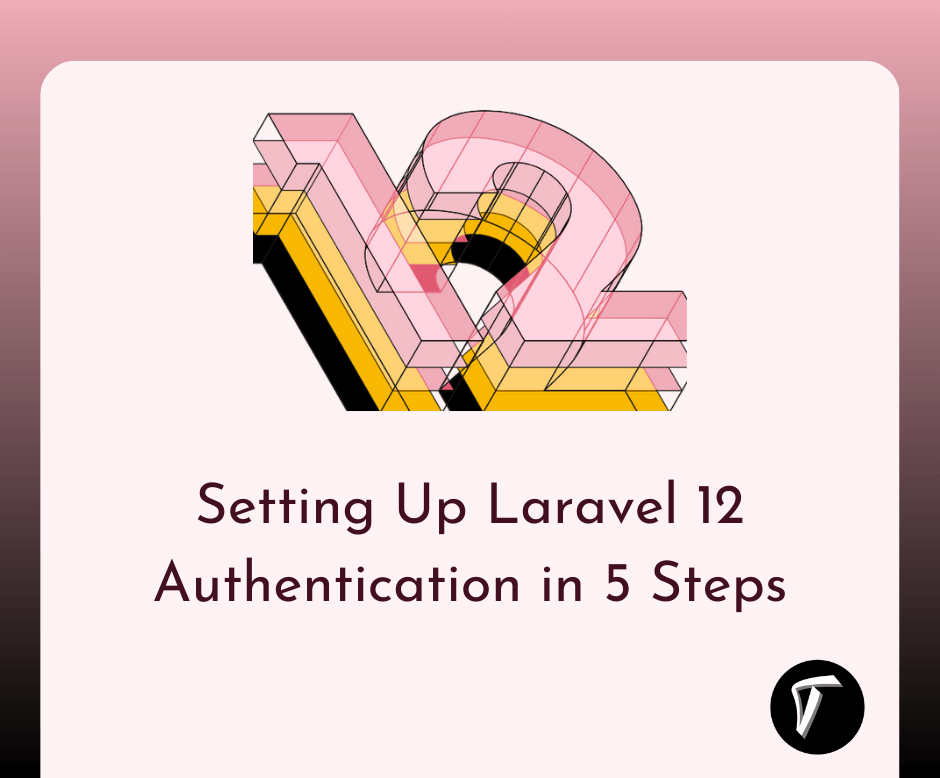How to Create Dynamic Validation Rule in Laravel 12
When I was working on a project recently, I realized I needed a dynamic way to validate user inputs based on different conditions. Laravel 12 makes it super easy to create custom validation rules! Let me show you a simple and clear method to build your own dynamic validation rule in Laravel 12.
Step-by-Step Guide: Creating a Dynamic Validation Rule in Laravel 12

Step 1: Create a Custom Rule Class
Run this artisan command to generate the rule:
php artisan make:rule DynamicValidationRule
It will create a new file in app/Rules/DynamicValidationRule.php
Step 2: Define Your Logic Inside the Rule Class
Open the generated file and modify it like this:
<?php
namespace App\Rules;
use Illuminate\Contracts\Validation\Rule;
class DynamicValidationRule implements Rule
{
protected $parameter;
public function __construct($parameter)
{
$this->parameter = $parameter;
}
public function passes($attribute, $value)
{
// Example: Validate based on parameter
return strlen($value) > $this->parameter;
}
public function message()
{
return 'The :attribute must be longer than ' . $this->parameter . ' characters.';
}
}
Step 3: Use the Rule in Your Form Request or Controller
Example in your controller:
use App\Rules\DynamicValidationRule;
$request->validate([
'username' => ['required', new DynamicValidationRule(5)],
]);
This rule will ensure the username is longer than 5 characters.
Step 4: Make It More Dynamic
You can even pass different conditions dynamically by modifying the constructor to accept more parameters.
new DynamicValidationRule($request->input('min_length'));
Conclusion
Creating dynamic validation rules in Laravel 12 is a powerful way to keep your code clean and reusable. With just a few lines, you can handle complex validations easily! Next time you need custom rules, just create your own class and control the logic yourself.
Frequently Asked Questions
-
What is a validation rule in Laravel 12?
A validation rule in Laravel 12 ensures that user inputs meet specific criteria before saving or processing them.
-
How do I create custom validation rules in Laravel 12?
You can create custom validation rules using the
php artisan make:rule RuleNamecommand and defining your logic inside the rule. -
Can validation rules in Laravel 12 be dynamic?
Yes! Laravel 12 allows dynamic rules by passing parameters to your custom rule classes.
-
Is it better to use custom rules or inline validation in Laravel 12?
For complex scenarios, custom rules are better because they keep your controller clean and your logic organized.
-
Where are custom validation rules stored in Laravel?
By default, custom rules are stored in the
app/Rulesdirectory.
For more detailed information, refer to the official Laravel documentation on validation.
You might also like:
- Read Also: Integrate Google Gemini AI in Laravel 12
- Read Also: Send Email using Queue in Laravel 12
- Read Also: Laravel 12 REST API Authentication Using Sanctum
- Read Also: Laravel 12 FormRequest vs Controller Validation: Which to Use?








